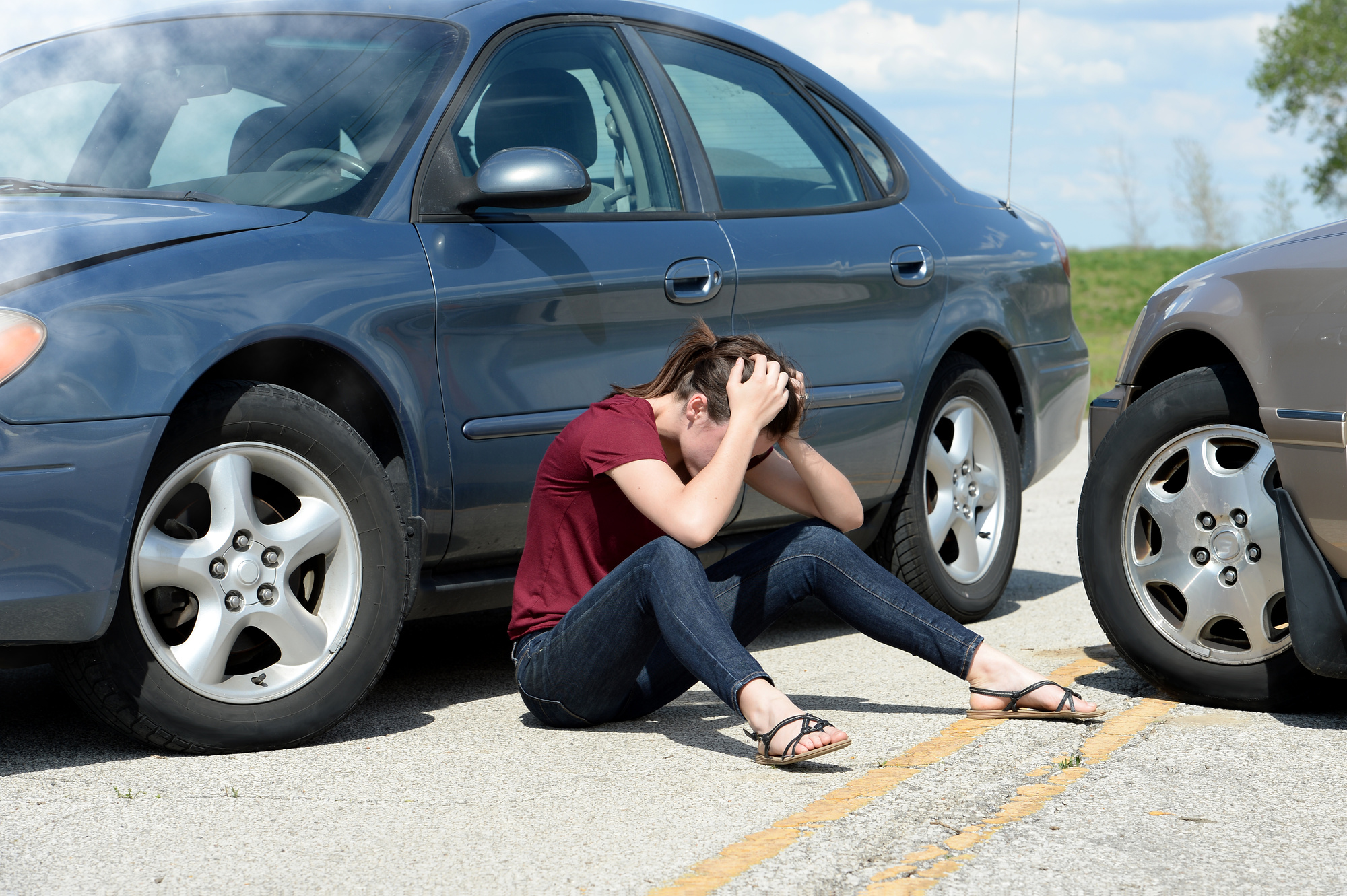A Simple Guide on How to Determine Fault in a Car Accident
If you are one of the millions of Americans involved in an accident that wasn’t your fault this year, you might be struggling to prove it.
Car accidents are high-stakes, high-tension situations, where the guilty party might be reluctant to accept blame.
The police, your insurer, and your accident lawyer will be determined to prove who is at fault so that justice can be done.
But how does this process work, and how is blame correctly assigned? If you’re wondering how to determine fault in a car accident, read this explainer to find out.
1. How Insurance Companies Determine Fault
First off, it is important to look at how auto insurance companies determine who is at fault in an accident, as this affects the whole process.
If a car accident occurs, the insurance company must determine who is at fault so that they know who needs to pay up. Insurance laws differ from state to state, but can essentially be divided into two categories. There are ‘no-fault’ states, and ‘tort states’.
In tort states, it is up to the insurance provider to investigate an incident and determine who is at fault.
Their ruling will then determine who is liable. But who pays for car damage in a no-fault state? Basically, in a no-fault state, each driver can turn to their own insurance provider to cover the costs, no matter who is responsible for the at-fault accident.
Insurance companies will assess the damage, refer to police reports, and interview those involved to determine fault.
2. How the Police Determine Fault
The police are not private companies. Therefore, the bottom line is not a consideration when they attempt to determine the car accident fault.
Police officers can detain those involved and interview them. They can consult dashcam footage and issue a search warrant on a vehicle.
They can also conduct alcohol and drug testing on those involved in an accident, depending on the situation and the state.
All of their findings will go into a police report, which might later be used by the courts.
3. How a Court of Law Determines Fault
As all of the latest high-profile Accident News demonstrates, innocent drivers frequently incur life-changing injuries due to the irresponsibility of other drivers.
That’s why car accident lawyers exist to challenge any rulings in court and see that a victim gets their due compensation.
In a court of law, and an accident lawyer can do many things to prove that a defendant is at fault.
They can consult police reports. They can conduct their own investigations into the incident. They can cross-examine witnesses and speak to their family and friends to uncover negligence.
It is worth noting that insurance rulings and police reports do not necessarily affect the outcome of a trial. This can be objected by a lawyer if they are believed to be faulty or insufficient.
Knowing How to Determine Fault in a Car Accident Matters
The importance of knowing how to determine fault in a car accident cannot be overstated.
If you want to avoid being at fault in a car accident, then it is important to know how to stay safe. Make sure to consult our Automotive Safety guide today for all of the expert advice you need to avoid dangerous accidents.


